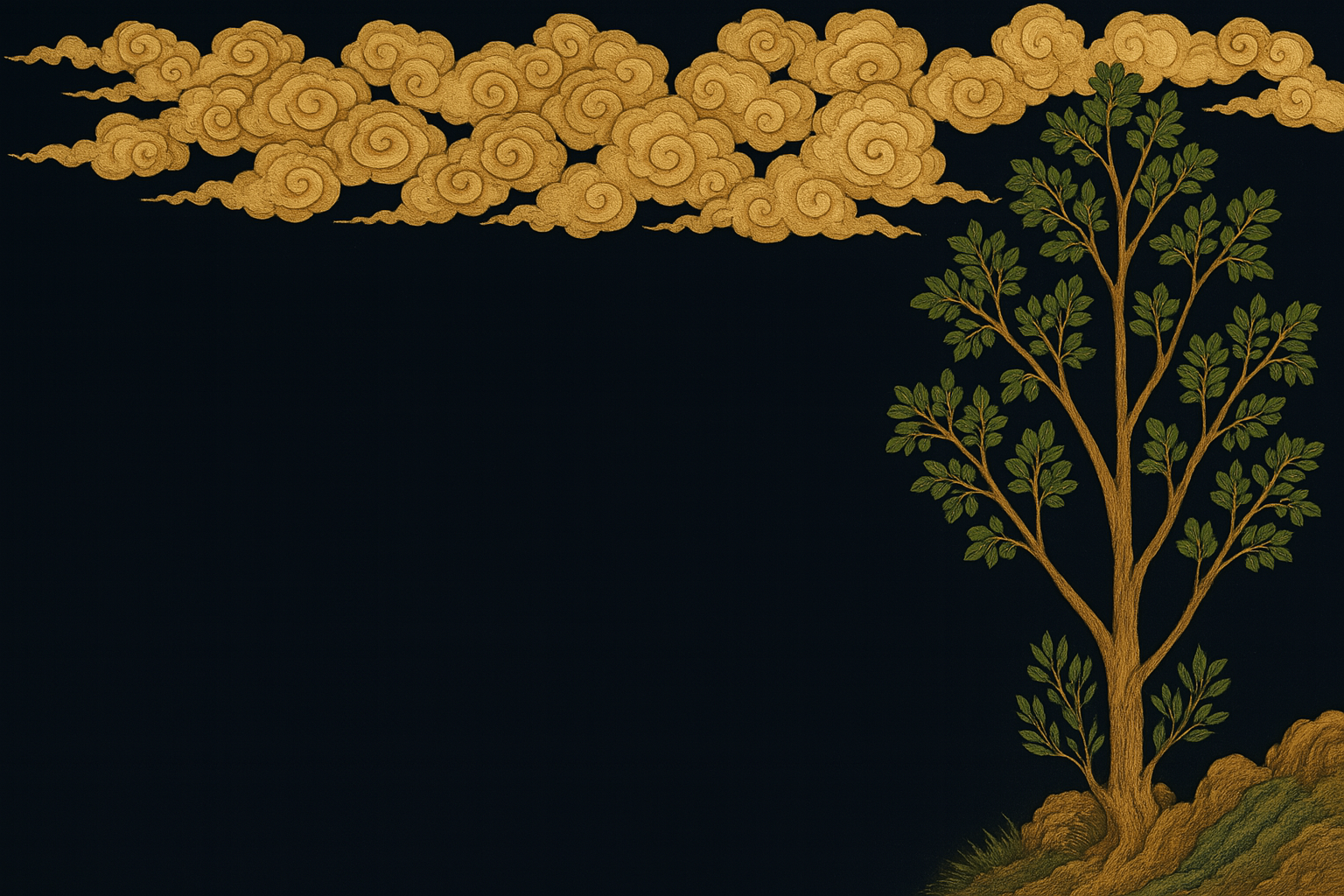What is the aim of the project?
This study explores nonreligion among Indigenous peoples in Aotearoa and Canada, examining what it means to identify as having “no religion”. We aim to understand how Māori, First Nations, Métis, and Inuit individuals perceive and engage with concepts like nonreligion, spirituality, and religion, and how these relate to their cultural practices, values, and personal experiences. We also investigate how broader influences such as colonisation, cultural revitalisation, decolonial movements, and social change shape perspectives on nonreligion within Indigenous communities. Ultimately, this research seeks to develop culturally sensitive frameworks that better capture the diversity and complexity of Indigenous perspectives.
What will this research contribute?
This study addresses issues of representation in the study of nonreligion by centring the voices of Māori, First Nations, Métis, and Inuit peoples. It brings these perspectives into research and public debate, where they have often been missing.
It also challenges stereotypes that portray Indigenous life as inseparably linked to supernatural beliefs. By exploring the experiences of Indigenous people who identify with nonreligion, the study reveals a more nuanced picture of contemporary Indigenous cultures and identities.
Finally, the research has the potential to shape education, media, and policy. It can identify where Indigenous nonreligious perspectives are overlooked, such as in schools or social services, and point to changes that would better recognise the rights and needs of Indigenous people who identify as nonreligious.
What do we mean by Nonreligion?
In one sense, nonreligion refers to people who distance themselves from organised religion, and it is sometimes captured in census categories such as “no religion.” But it is also an academic concept that covers a wide range of self-understandings and positions. These include agnosticism (uncertainty about the existence of supernatural phenomena), spiritual-but-not-religious (finding meaning outside organised religion), humanism (prioritising reason, ethics, and human welfare), as well as many other perspectives. These positions may overlap but can also differ in how they relate to religion or spirituality.
Nonreligion is also a growing reality in many Indigenous communities. In the 2021 Canadian census, 47% of Indigenous peoples identified as having “no religion.” In Aotearoa, nearly 60% of Māori identified as having no religion in the 2023 census. These figures highlight an important trend, but they do not capture the experiences or perspectives of those who identify this way.
In this study, we are less interested in fixed labels and more interested in how people make sense of their beliefs, values, practices, and identities outside organised religion, like Christianity. Most importantly, we want to know what “nonreligion” (or having no religion) means for you in your life and community.
Please note that while this project builds on a prior study of atheism (0000029093-Vs3), which focused on those who do not believe in god(s) or other supernatural phenomena, it now seeks to explore other forms of nonreligion beyond atheism.
How can you help?
We are inviting participants to take part in a study involving diary-interviews to better understand Indigenous expressions of nonreligion. If you choose to participate, you will receive a set of culturally specific prompts to reflect on over one week. You can record your responses in writing or as audio recordings, in as much detail as you feel comfortable, ranging from brief bullet points to longer paragraphs.
Examples of the diary prompts include: “This week, notice the cultural practices, or absence of them, in your daily routine. What role do they play in your everyday life?” OR jot down 3 words you associate with the terms, “religion,” “spiritual” and “culture”.
These prompts will form the basis for our in-depth interviews, where you can elaborate further on your thoughts and experiences and discuss what matters most to you. In other words, the interview will cover the same themes as the diary and there will be no unexpected topics. Overall, the diary-interview questions will explore the following themes:
Your background and the context of your daily life.
Your perspectives on (non)religion and your personal journey.
How politics, policies, or activism may have shaped your views.
Basic demographic information, like age, location, and education.
The interviews will be conducted by me (Sara Rahmani) at a location of your choosing (which can also be online) and will last 60 to 90 minutes. In appreciation of your time, we will provide a koha/gift in the form of a $100 grocery voucher. This study values your unique insights and experiences, and your participation will contribute to a deeper understanding of Indigenous nonreligion.
Click here to Download Participants’ Information Sheet
Who are we?
My name is Sara Rahmani and I am Senior Lecturer in the Study of Religion at Te Herenga Waka – Victoria University of Wellington, Aotearoa New Zealand. I am originally from Iran and my research is focused on atheism and nonreligion, deconversion and religious change, and secular meditation movements.
This study is conducted in collaboration with Associate Investigators, Professor Peter Adds (Te Ātiawa) from Te Kawa a Māui – School of Māori Studies, a leading expert in Māori development, tikanga Māori, and Te Tiriti o Waitangi, and Dr Jonathan Simmons from the University of Alberta, a sociologist specialising in nonreligion and secularity. I am also working under the mentorship of Dr Justin Tetrault, a Red River Métis scholar from the University of Alberta, who is an expert on political movements, decolonisation, prisons, race, and Indigeneity.
This study is funded by the Te Aparangi – Royal Society of New Zealand (2025-2028) and is expanding upon our recent collaboration with the Explaining Atheism Programme.

